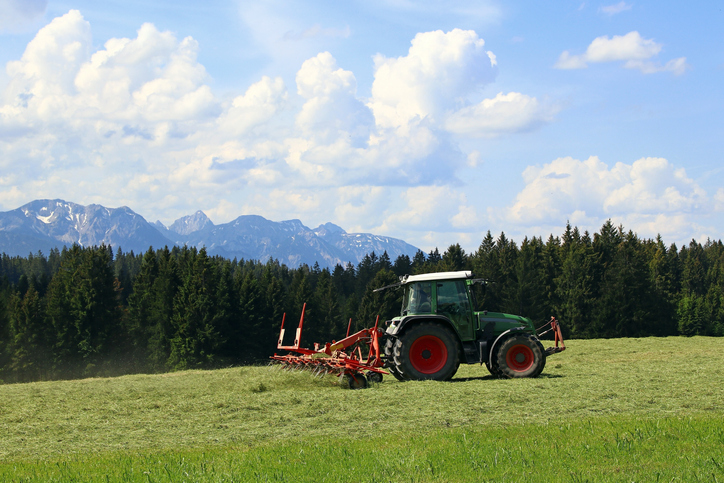Key Findings
1. Electric tractors do not meet the horsepower needs of commercial farming and ranching in Washington state.
2. Electric tractors are not currently available for purchase.
3. A 2021 Honda Civic has more horsepower than either of the prospective electric tractors that will be potentially available to consumers.
4. Lawmakers who champion electric tractor legislation are championing increased food production costs.
5. Organic market development, not a government mandate, will drive when the agricultural community adopts new tractor technology.
6. Many parts of the agricultural sector have begun to shift their focus to greater efficiency and are exploring methods to lessen their effects on the natural world.
7. State mandates for electric tractors which cannot currently be purchased is not the answer to fixing climate change problems.
Introduction
The farmers and ranchers of Washington state rely upon their experience living with seasonal changes to grow their crops and care for their livestock. They fight hunger every day by providing nutritious food to people in Washington state and around the world.
The agricultural community is well versed in the needs of their natural environment and has worked successfully to enhance soil quality, preserve water resources, reduce carbon emissions, and improve best farming practices, all to safeguard the land from which they derive their livelihood. From an agricultural perspective, a primary benefit of these activities is climate change mitigation.
In the recent legislative session, however, state lawmakers passed E2SHB 1287 which sought to ban efficient fossil fuel vehicles.
This harmful legislation was vetoed by Governor Inslee, but it would have been the gateway for similar legislation to be enacted for other fossil fuel-powered machinery – including farm equipment – in subsequent legislative sessions. These pieces of legislation are short-sighted and do nothing to counteract climate change.
This study reviews the importance of efficient machinery and energy sources in food production and shows how legislative efforts to ban modern farming practices would harm the people of our state while doing little or nothing for the environment.
Farming and ranching in our state are a $20 billion industry making it the third highest income earner in Washington state. However, the two real problems with “aspirational” legislation as it relates to agriculture are electric-only powered tractors are not currently available on the market and the models that can be pre-ordered for eventual delivery are not suitable for commercial agriculture.
Read the full Policy Note here.





